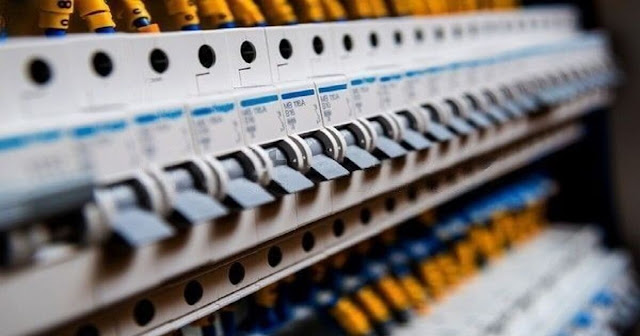How Landlord Certificates Help for Fire Safety in 2023
The Regulatory Reform (Fire Safety) Order 2005 will be revised by adding new provisions under the Fire Safety Act 2022, passed and received Landlord Certificates of that year. The policy directly responds to the requests for harsh punishment in the aftermath of the 2017 Grenfell Tower fire.
Owners of multifamily dwellings are now compelled by law to be liable for the security of their inhabitants and to take safeguards to reduce the chance of a fire starting. The Landlord Certificates require the responsible party to control and reduce any fire risk provided by the structure of the building, including the outer walls, balconies, windows, and doors separating individual apartments from communal areas. Furthermore, it demonstrates that when a building fails to comply with fire safety legislation, the fire service can initiate an enforcement action.
As a result, many landlords who rent out such rooms and those who rent out multi-use homes would need to assess their present fire safety safeguards to ensure they comply with the Act's new standards. Currently, landlords must guarantee that all fire exits are visible and easy for tenants to access to comply with fire safety laws. Furthermore, Landlord Certificates must ensure that all gas and electric appliances, flues, pipes, boilers, and heating systems, have been thoroughly inspected and that renters and local government officials have easy access to the relevant safety certifications.
It's also important to note that landlords must install at least one smoke detector on each rental property floor to comply with local fire safety standards. Although it is not very common, a landlord may allow a renter to smoke on the property. In certain cases, the landlord must also install smoke alarms in areas where smoking is permitted. Landlords must install carbon monoxide detectors in all rooms with solid fuel equipment or where solid fuel is stored in rental premises. Tenants should test the smoke and carbon monoxide detectors at least once a month to ensure they are operational and the rental property complies with rules. Suppose it is discovered that a landlord failed to install smoke alarms or carbon monoxide detectors in a currently rented rental property. In that case, the landlord may be prosecuted for a crime and punished with up to six months in jail. They might also face a £5,000 fine, a claim for damages from tenants, and a breach of their landlord insurance policy.
This does not relieve tenants of ensuring that each rented property complies with fire safety laws. Each Tenant must regularly verify the smoke and carbon monoxide alarms throughout the Rental and promptly notify the Owner of any structural faults, damages, or wear to the furniture or equipment within the Rental. All electrical and gas equipment must be correctly operated and maintained, and any explosive goods must be stored safely and securely. Renters must promptly report any suspected violations of fire laws or other threats to the safety of those dwelling in the rented property to their Landlord Certificates or renting agent.




Comments
Post a Comment